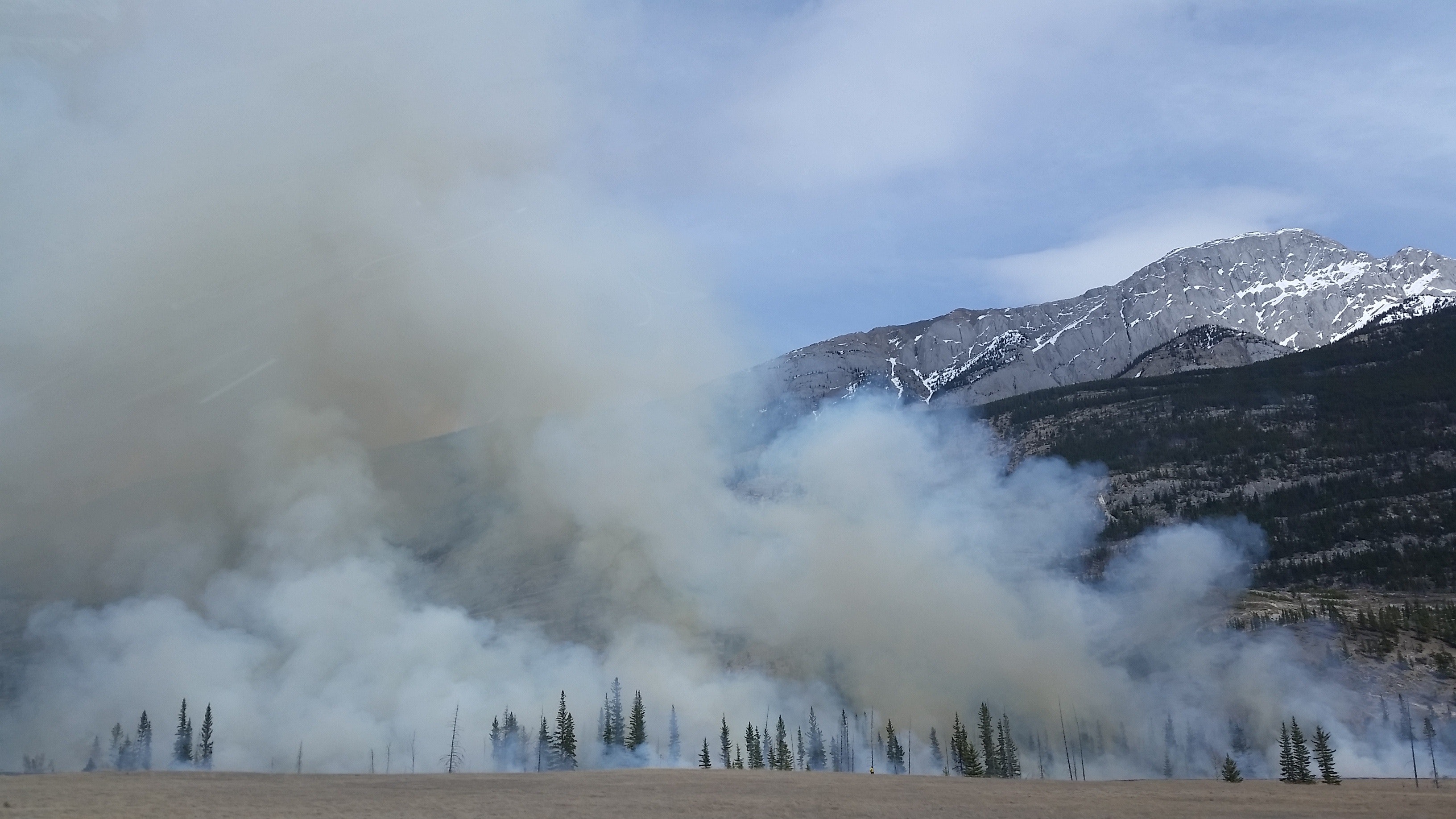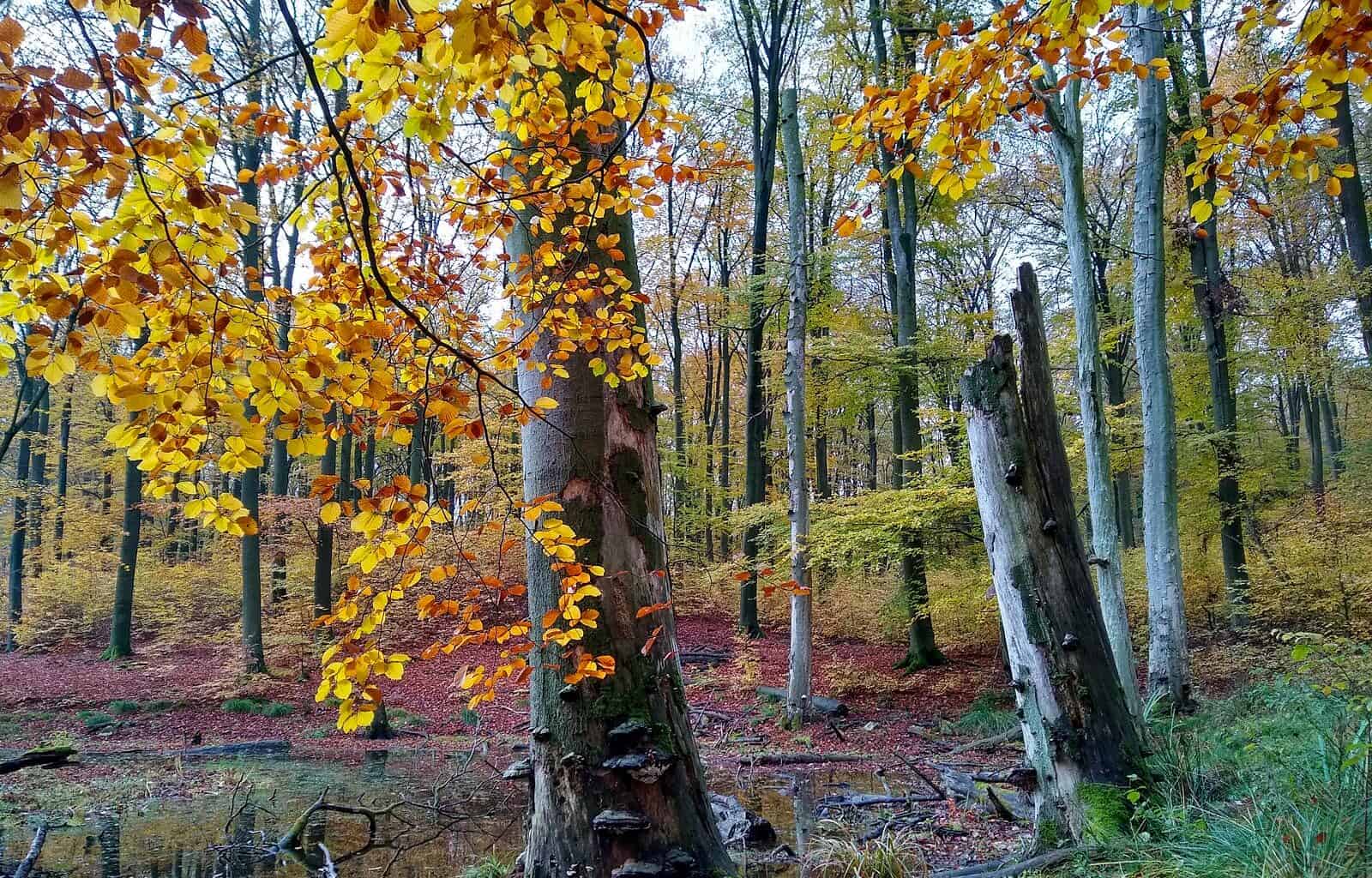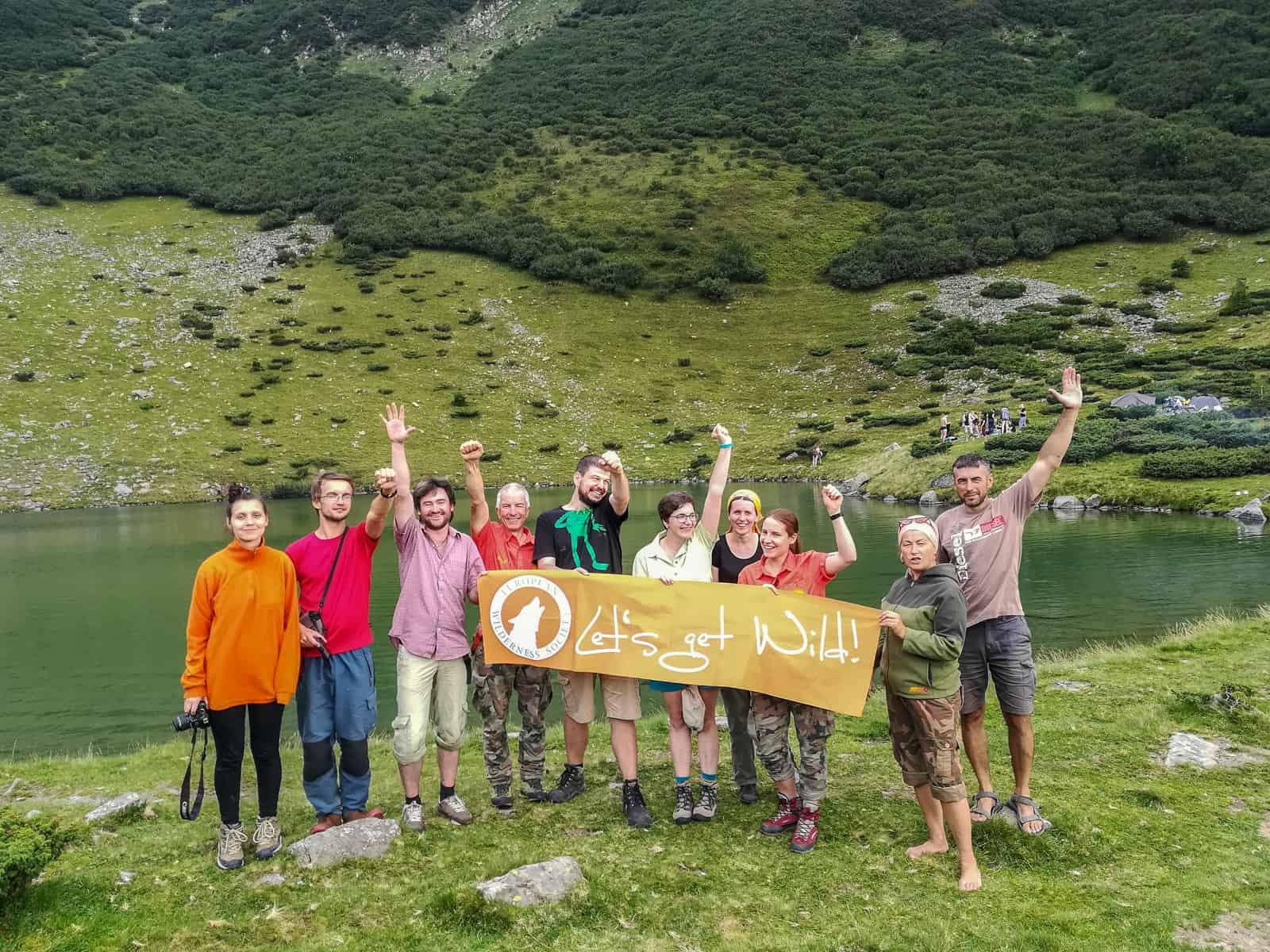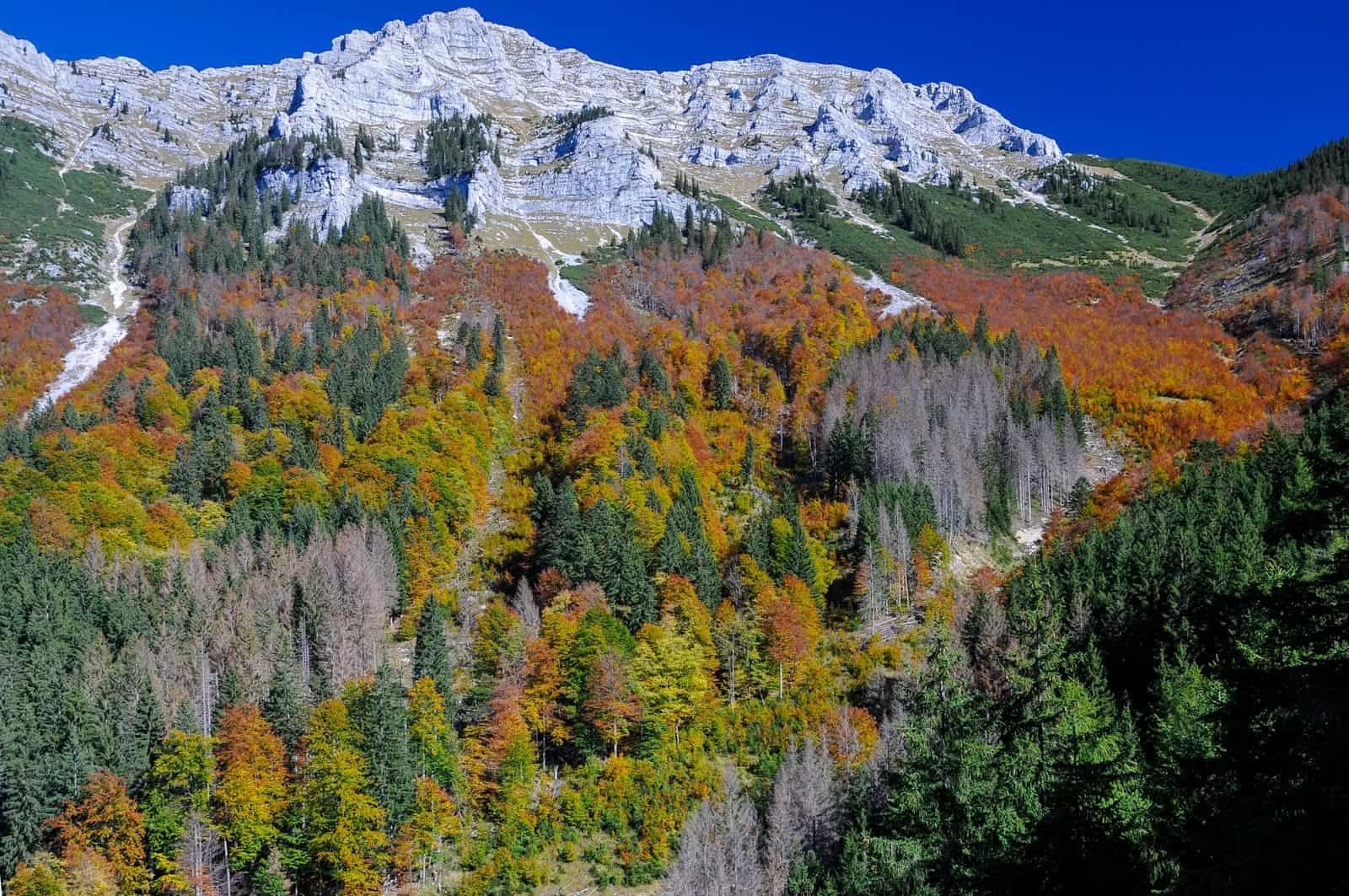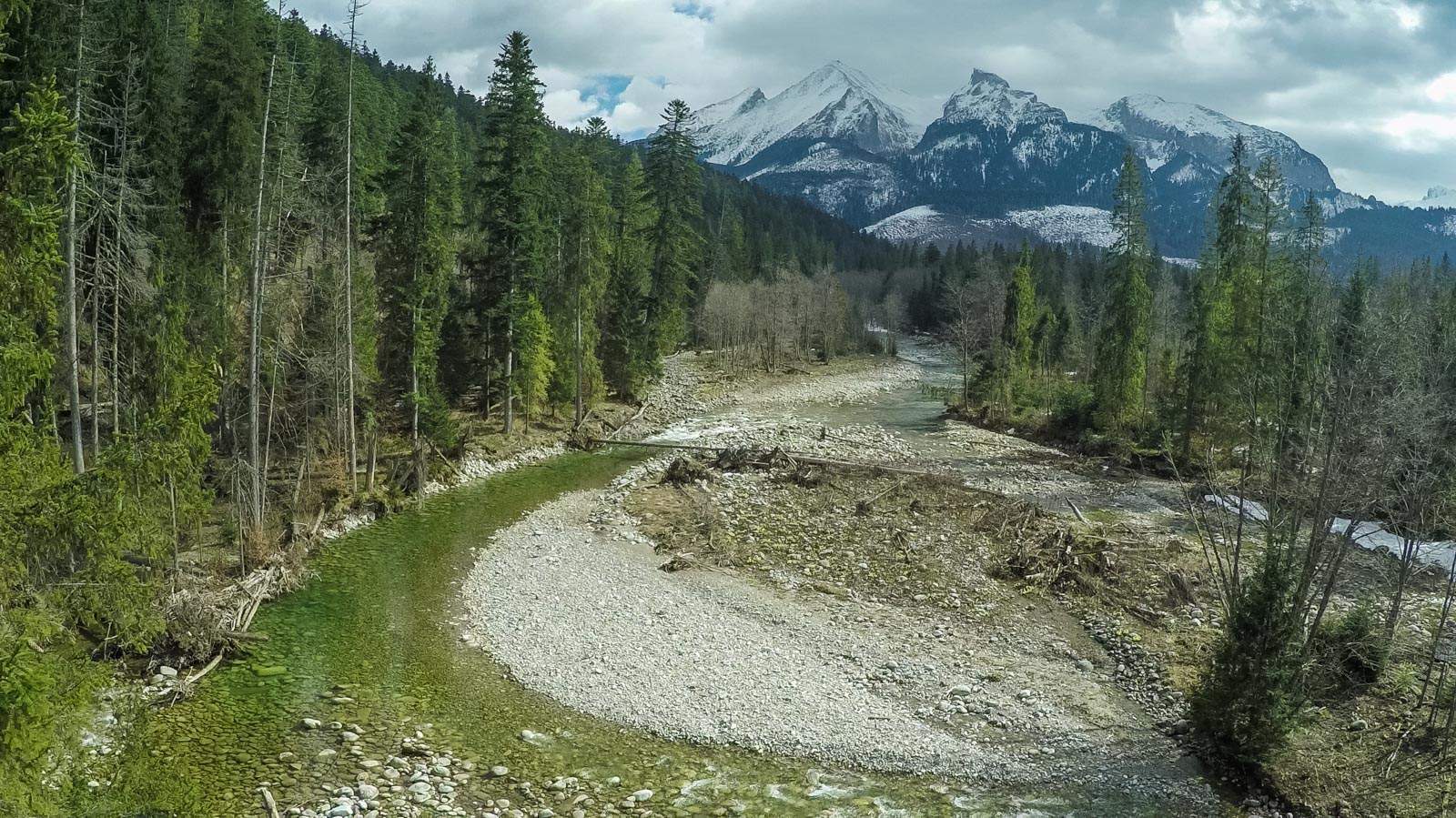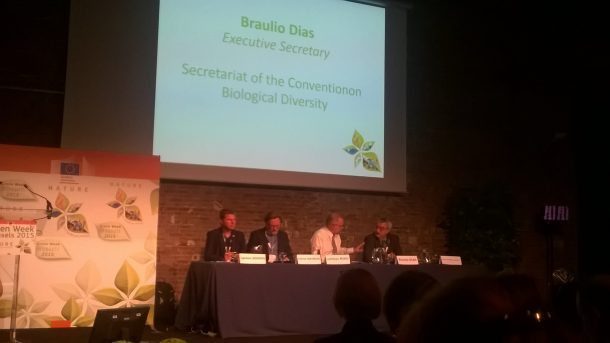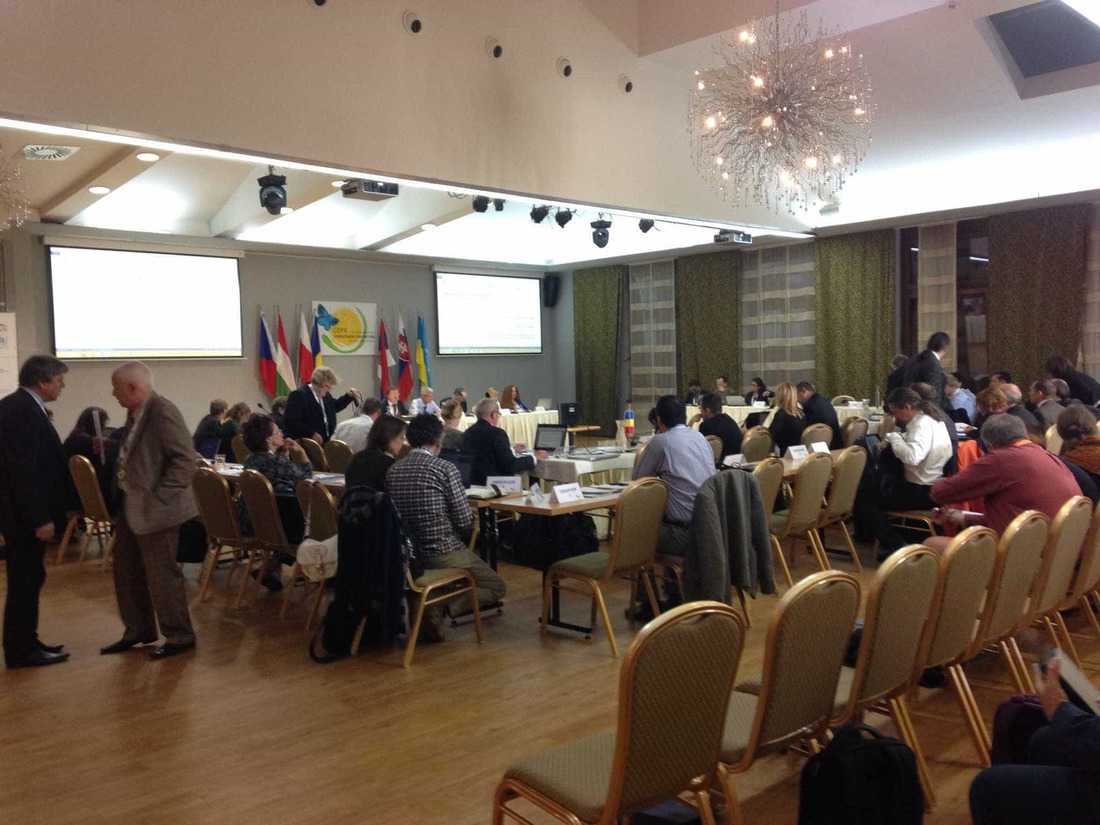Forest and Fire
Forests and fires have a complex relationship. This relationship has two aspects. Defining destruction and rejuvenation. While fires can be catastrophic, they are also essential for forest ecosystems. Controlled burns help clear dead debris, promoting new growth and enhancing biodiversity.
However, uncontrolled wildfires pose serious threats, destroying vast landscapes, endangering wildlife, and jeopardizing human lives. Climate change exacerbates the frequency and intensity of these infernos, necessitating better prevention and management strategies.
Why do we hate fire in forest?
Our aversion to fire in forests stems from the potential devastation it can cause. Forests are intricate ecosystems, teeming with diverse flora and fauna, crucial to maintaining Earth’s ecological balance. Uncontrolled fires can obliterate vast stretches of these invaluable habitats, leading to loss of biodiversity, displacement of wildlife, and soil degradation. Human lives and properties are also at risk when fire spread uncontrollably.
Historically, forests were revered, and controlled fires were used as a tool to promote growth and renewal. However, as civilization advanced, wildfires became synonymous with disaster due to human activities, climate change, and neglect. Consequently, our perception of fire in forests shifted to dread and fear.

Did people hate fire in forest 9 000 years ago?
Nine thousand years ago, human attitudes towards fire in forests likely differed from today’s perceptions. Ancient hunter-gatherer societies understood the importance of fire for their survival. They used form of controlled burns to manage landscapes, promote new growth, and attract game for hunting. Fire played a vital role in shaping ecosystems.
While they respected and harnessed fire’s benefits, they also recognized the dangers of uncontrolled wildfires, which could threaten their communities and resources. However, with smaller populations and a more intimate connection to nature, their relationship with fire in forests was likely one of balance. Adaptation and appreciating fire significance was fundamental element of their life.
Did people hate fire in forest 3 000 years ago?
Three thousand years ago, people’s perspectives on fire in forests likely varied depending on their understanding, culture, and experiences. Early human civilizations recognized the power and importance of fire for survival, using controlled burns for various purposes like hunting, agriculture, and clearing land. However, they also feared uncontrolled wildfires, which could destroy valuable resources and pose threats to communities.
Ancient myths and folklore often depicted fire as a force of nature, representing both creation and destruction. While some communities may have revered fire, others may have viewed it with caution and even fear. With limited knowledge and technology, mitigating wildfires was challenging, making their impact more daunting.

How people perceive fire in forest today?
Today, people’s perceptions of fire in forests are multifaceted. On one hand, we recognize the destructive potential of uncontrolled wildfires, often causing immense damage to ecosystems, wildlife, properties, and human lives.
On the other hand, growing environmental awareness has highlighted the positive role of controlled fires in maintaining forest health. Prescribed burns are used to clear underbrush, reduce fuel loads, and stimulate new growth, promoting biodiversity.
Conclusion
Forest and fire represent the intricate interplay between these natural elements. Controlled fires can benefit forests, but uncontrolled wildfires pose significant dangers.
Overall, contemporary views reflect a mix of fear, vigilance, and an appreciation for the delicate balance between harnessing fire’s benefits and preventing its potential harm.
The forest as we know it has survived thanks to fire for millennia. Fire has played a key role in the survival of forests throughout history. The concept of controlled fires was developed by man, not to promote biodiversity, but to minimize the damage caused by fires.

